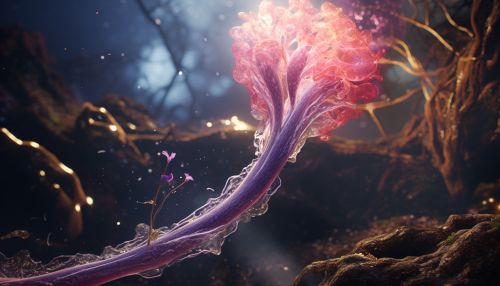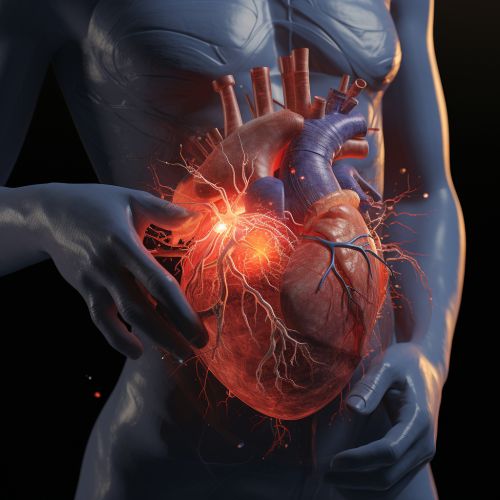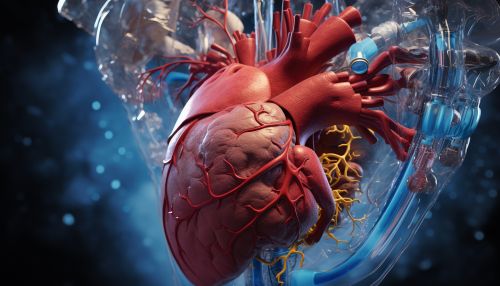Gastroesophageal reflux disease
Introduction
Gastroesophageal reflux disease (GERD) is a chronic condition where stomach acid frequently flows back into the tube connecting your mouth and stomach (esophagus). This backwash (acid reflux) can irritate the lining of your esophagus, causing symptoms such as heartburn and regurgitation.


Causes
GERD is caused by frequent acid reflux — the backup of stomach acid or bile into the esophagus. When you swallow, the lower esophageal sphincter — a circular band of muscle around the bottom part of your esophagus — relaxes to allow food and liquid to flow down into your stomach. Then it closes again. However, if this valve relaxes abnormally or weakens, stomach acid can flow back up into your esophagus, causing frequent heartburn and disrupting your daily life.
Risk Factors
Certain conditions can increase your risk of developing GERD, including obesity, pregnancy, hiatal hernia, connective tissue disorders, and delayed stomach emptying. Lifestyle factors such as diet, smoking, alcohol use, and certain medications can also contribute to the development of GERD.
Symptoms
The most common symptom of GERD is heartburn, a burning sensation in the chest, usually after eating and may occur at night. Other symptoms include chest pain, difficulty swallowing (dysphagia), dry cough, hoarseness or sore throat, sensation of a lump in the throat, and regurgitation of food or sour liquid (acid reflux).
Complications
Long-term GERD can lead to serious complications, including esophagitis, esophageal stricture, Barrett's esophagus, and esophageal adenocarcinoma.


Diagnosis
Diagnosis of GERD starts with a physical examination and medical history. Doctors may also use tests such as an upper endoscopy, ambulatory acid (pH) probe tests, esophageal manometry, and X-ray of your upper digestive system to confirm the diagnosis.
Treatment
Treatment for GERD includes lifestyle changes, medications, and in severe cases, surgery. Medications include antacids, H-2-receptor blockers, and proton pump inhibitors. Surgical procedures include fundoplication and LINX device.
Prevention
Prevention strategies for GERD include maintaining a healthy weight, avoiding foods that trigger heartburn, eating smaller meals, not lying down after a meal, and quitting smoking.
